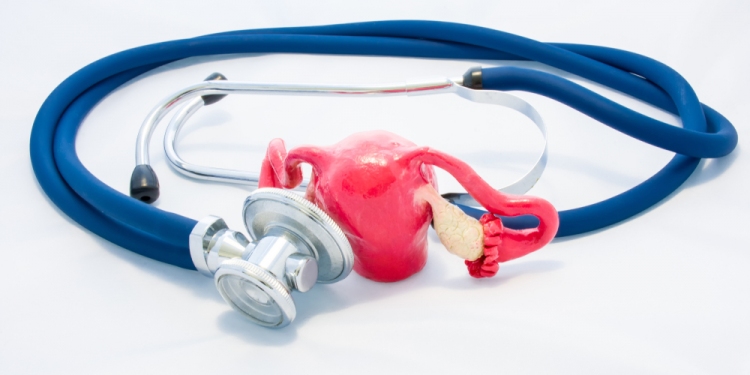Compensating for PCOS

Polycystic Ovary Syndrome (PCOS) is one of the most common causes of infertility, or trouble conceiving, and it affects far more women than you might think.
The NHS estimates that as many as 20% of women have PCOS, though as a condition that’s difficult to diagnose, and varies in severity, there could be many more people out there who are affected. PCOS is a hormone driven condition that affects your whole body, though the most notable impact it has is on your reproductive health.
Today we’re taking a look at some of the ways you can compensate for PCOS, and move the odds back in your favour.
Medication
If you’re looking to relieve the effects of PCOS medication has a part to play. One of the main effects of the condition is that delays when your body ovulates, or even stops it ovulating altogether. As well causing you to experience irregular periods, more periods than you should, or especially heavy ones, this also means you simply have less chances to conceive!
Medication like Clomid stimulates your body to ovulate more regularly – making sure you have plenty of chances to get pregnant.
You need to bear in mind that this isn’t the end of the journey: there are plenty of different things you can do maximise your chances of pregnancy even after you’re taking fertility medication.
Identifying Ovulation
Ovulating more frequently doesn’t help unless you know when it happens. Identifying and predicting when your body releases a fertile egg means you can ensure you’re trying to conceive when you stand the best chance of success.
Your basal body temperature offers you the best chance of spotting ovulation. Minor deviations from this low temperature reveal when your ovaries are ready to release an egg. With modern specialist thermometers, sensors and apps, this method is much easier for people to use now.
Increasing Reproductive Health
You can also take actions with your diet and lifestyle to increase the chances of your getting pregnant. Adding more green vegetables to your diet gives you the vital nutrients your body needs to remain healthy and also build both sperm and eggs, giving you the best chance for them to meet when they are both active and fertile
Two of the most significant things you can to improve your reproductive health are quitting both smoking and drinking. These affect the health of sperm and eggs, as well your body’s ability to see that pregnancy through successfully.






